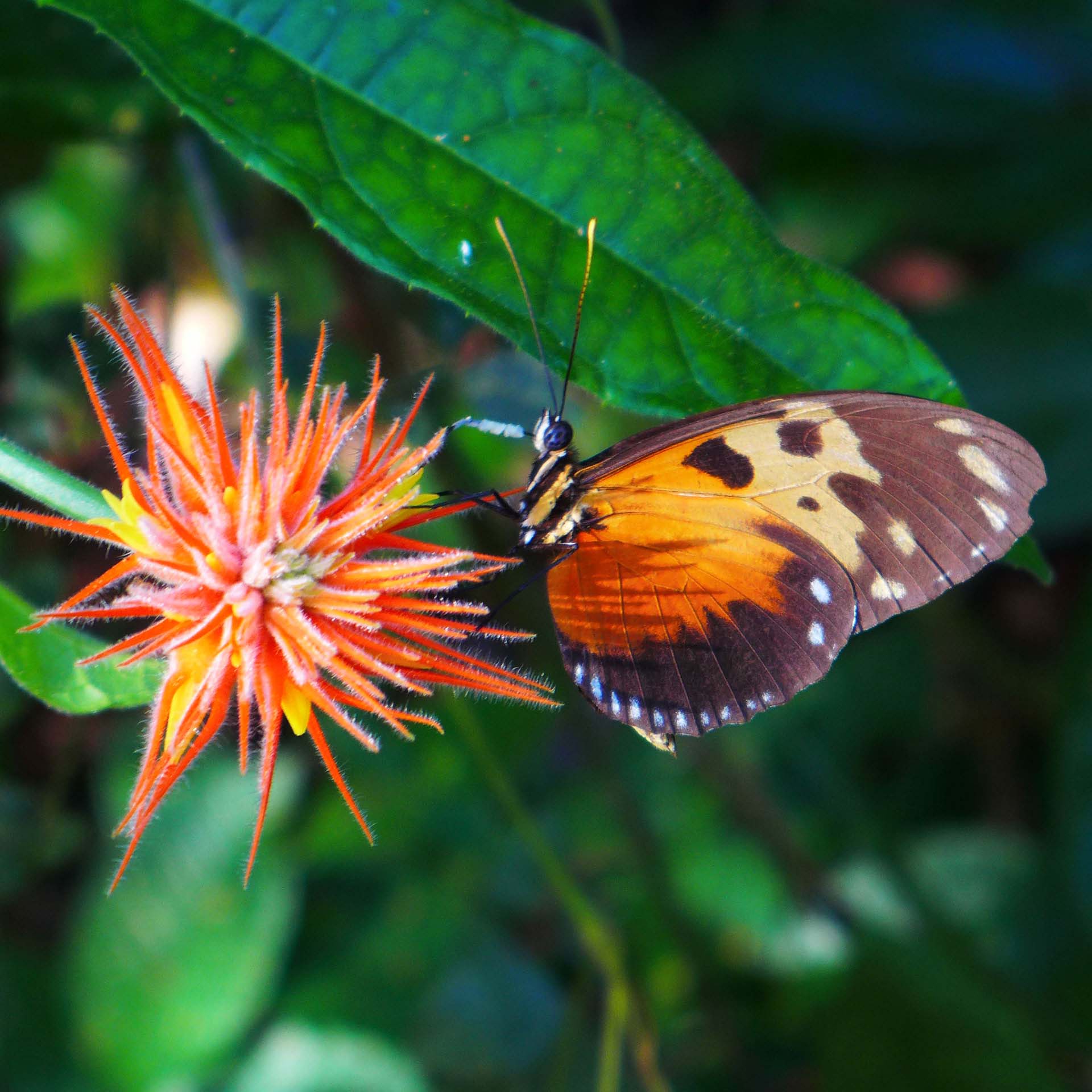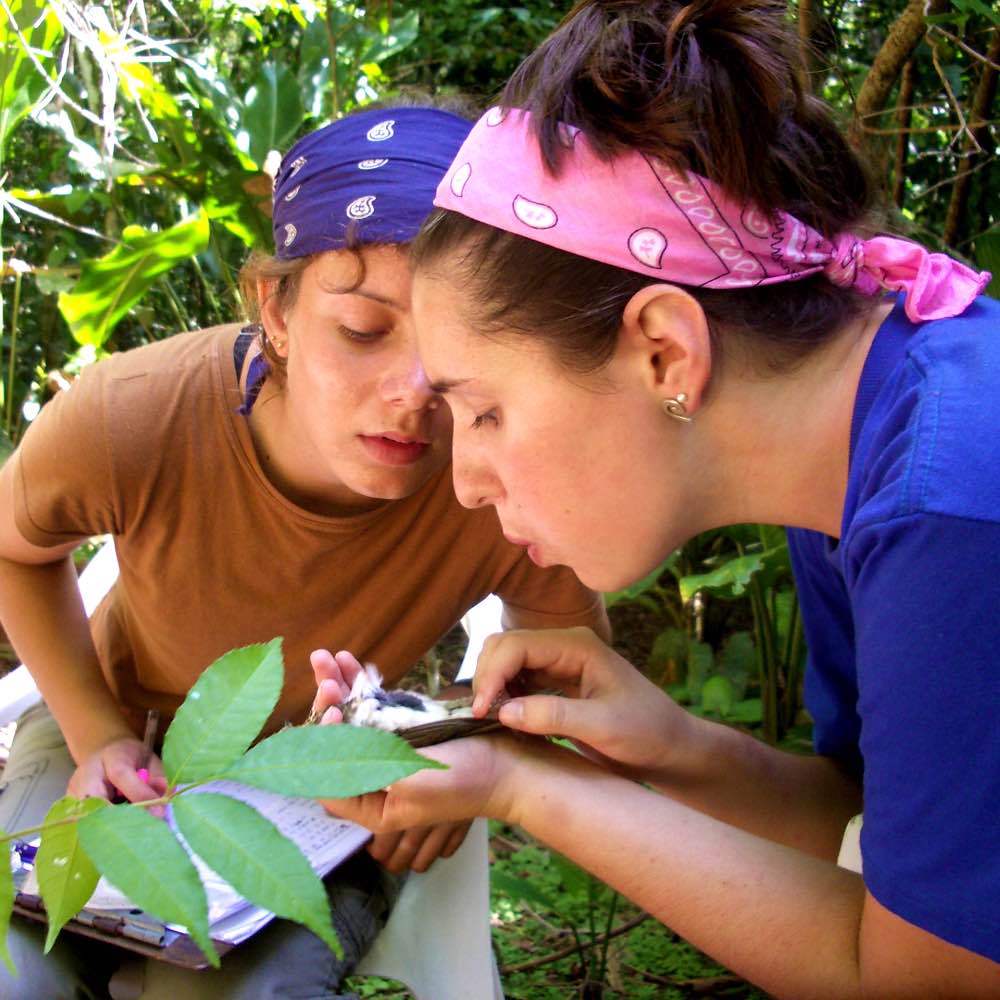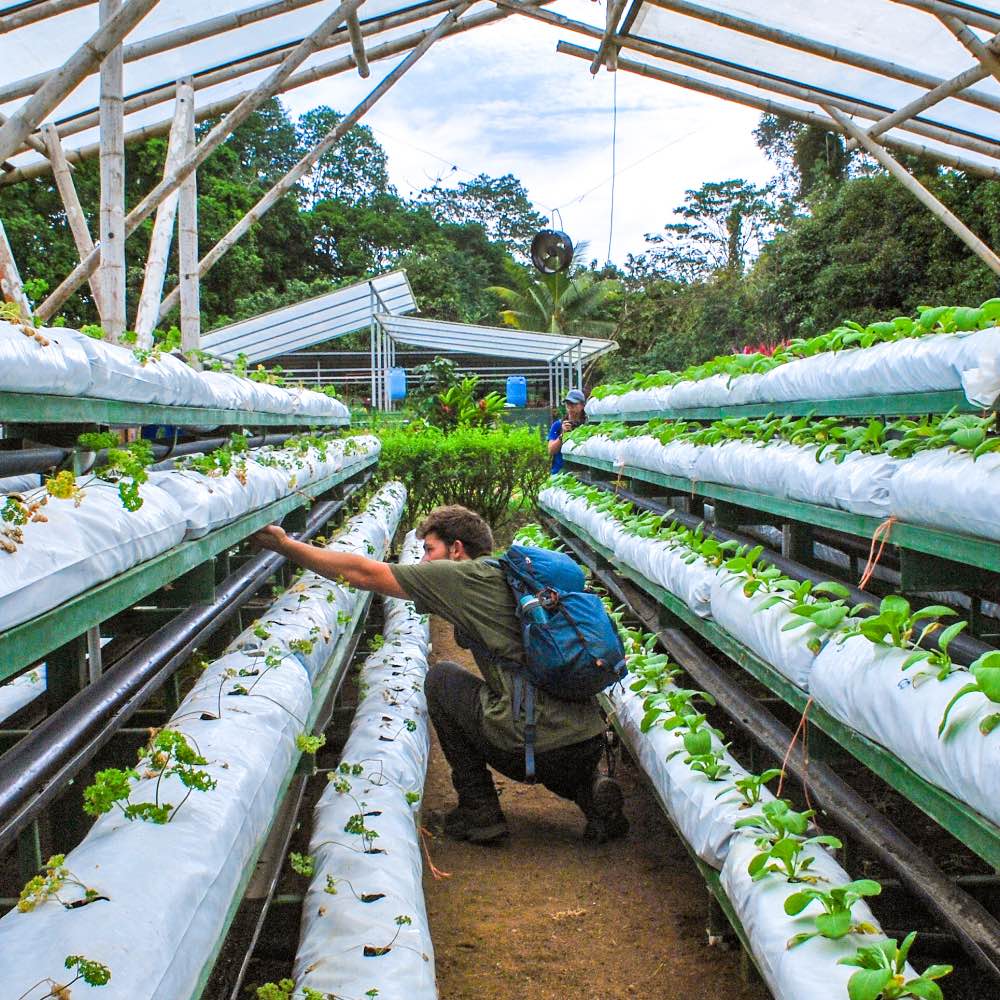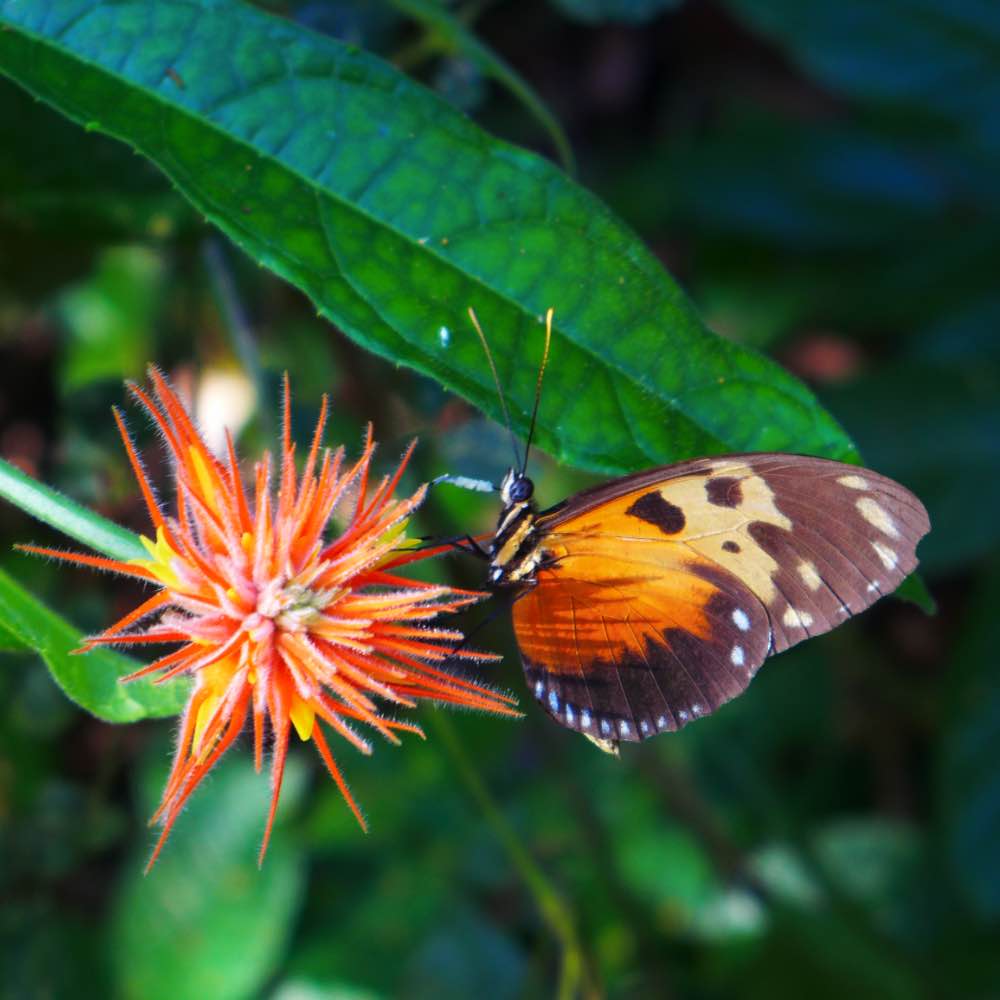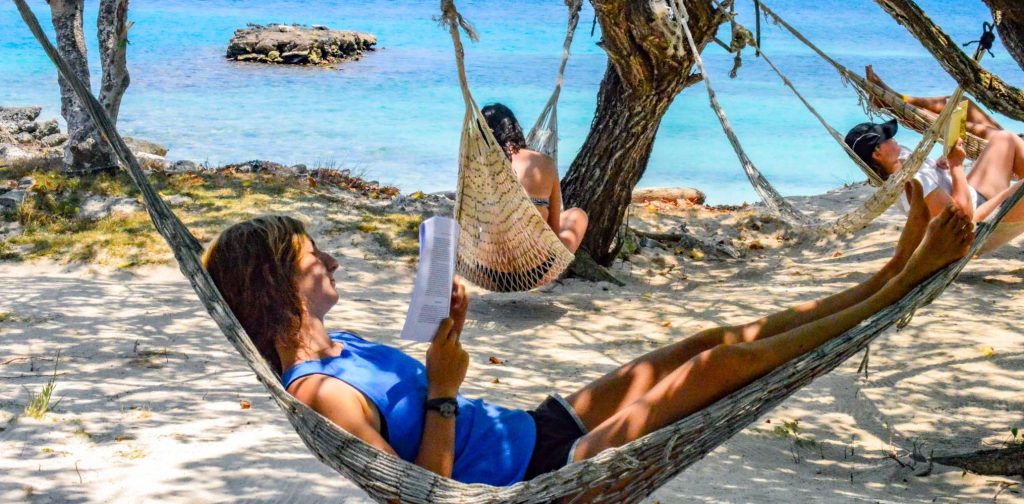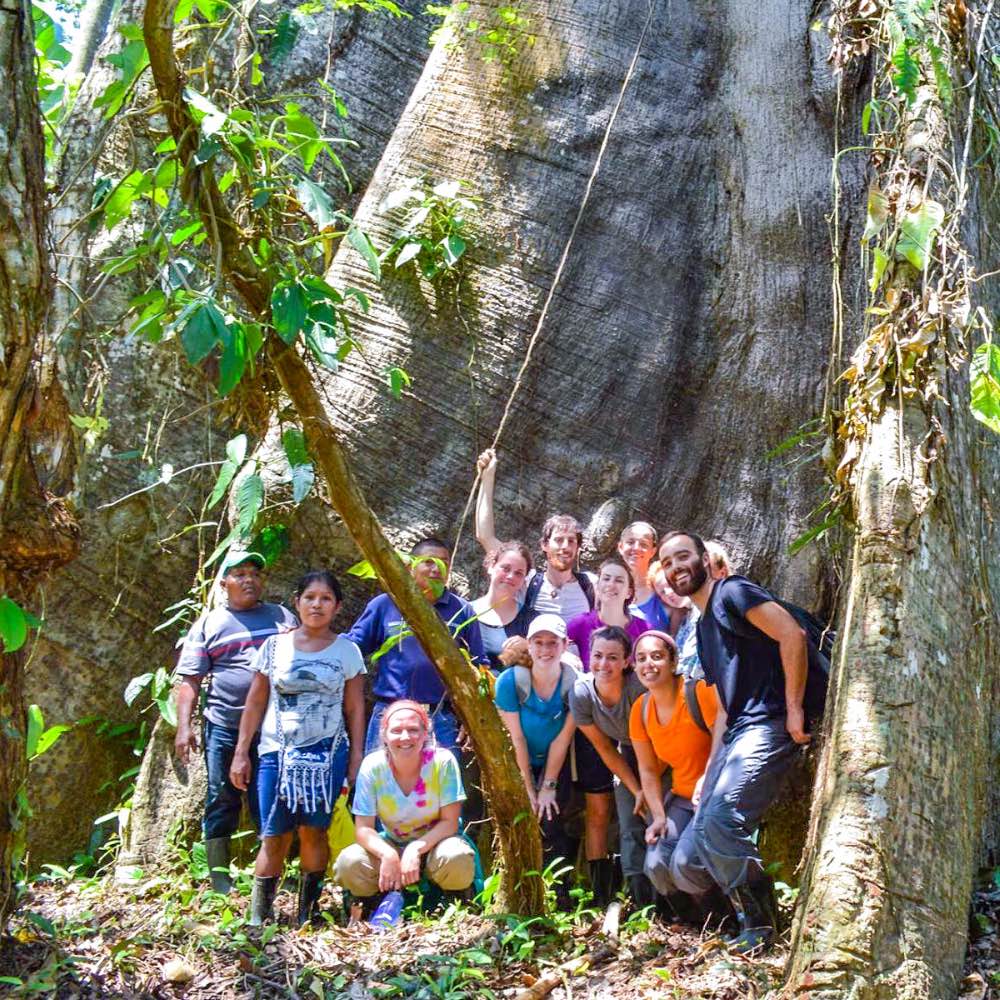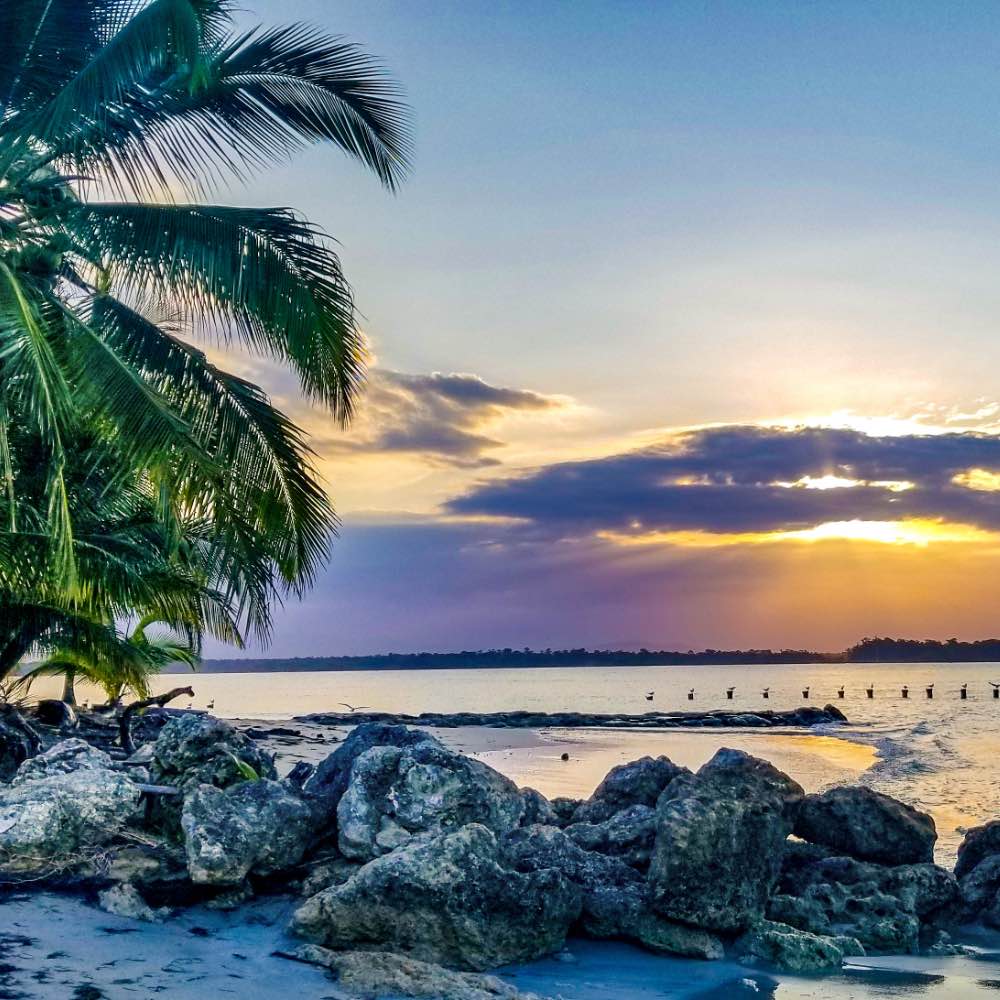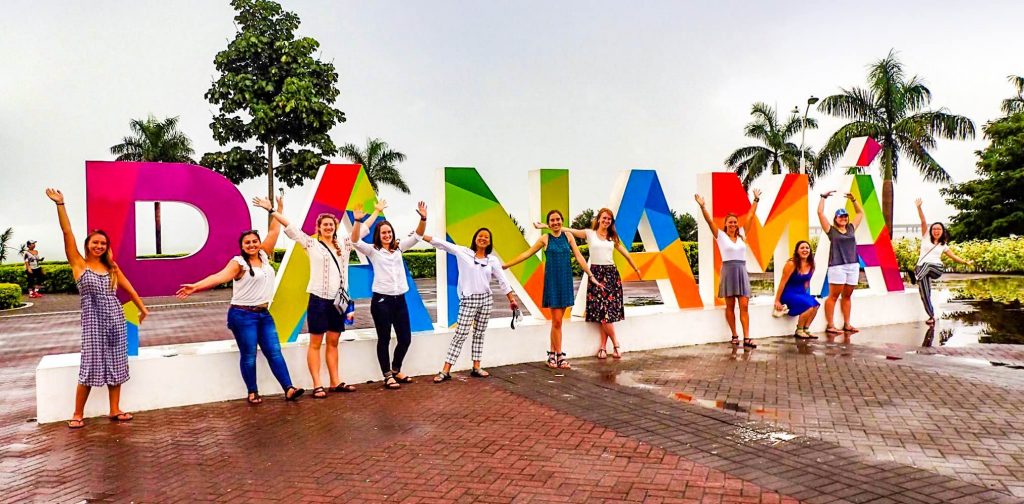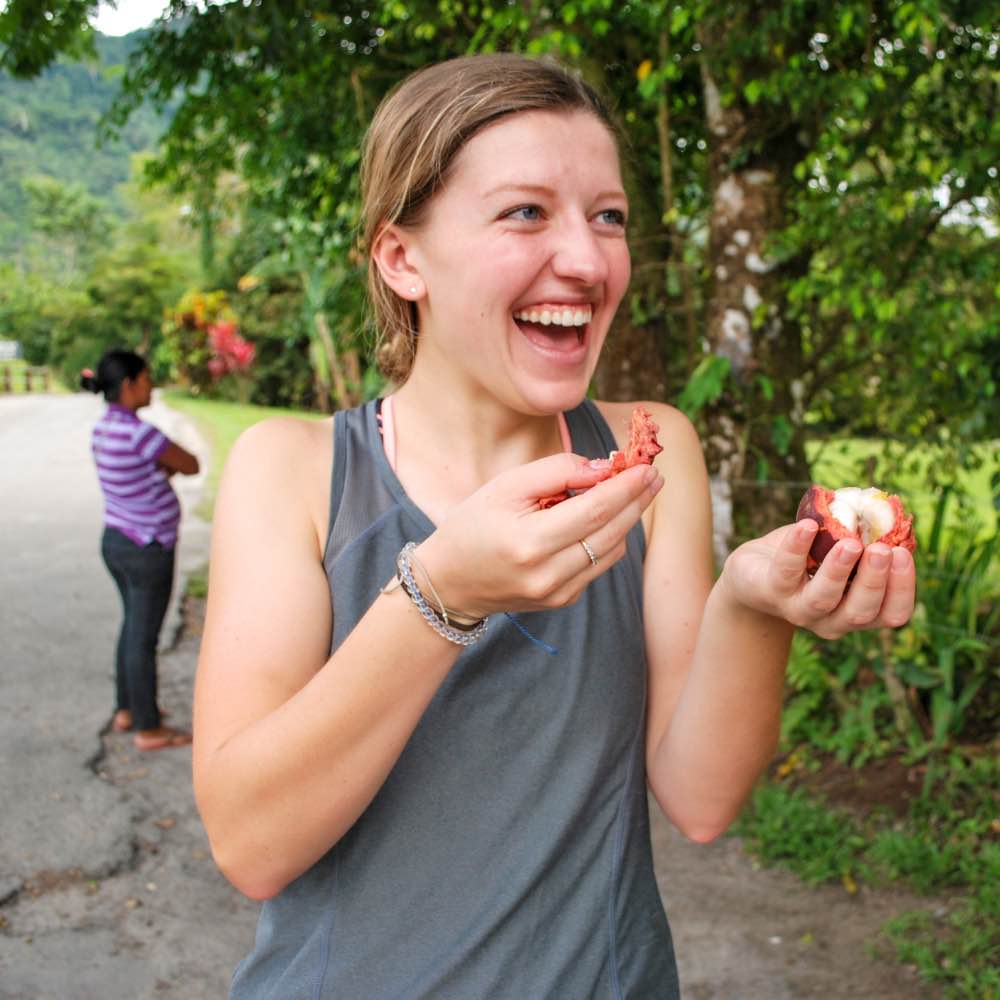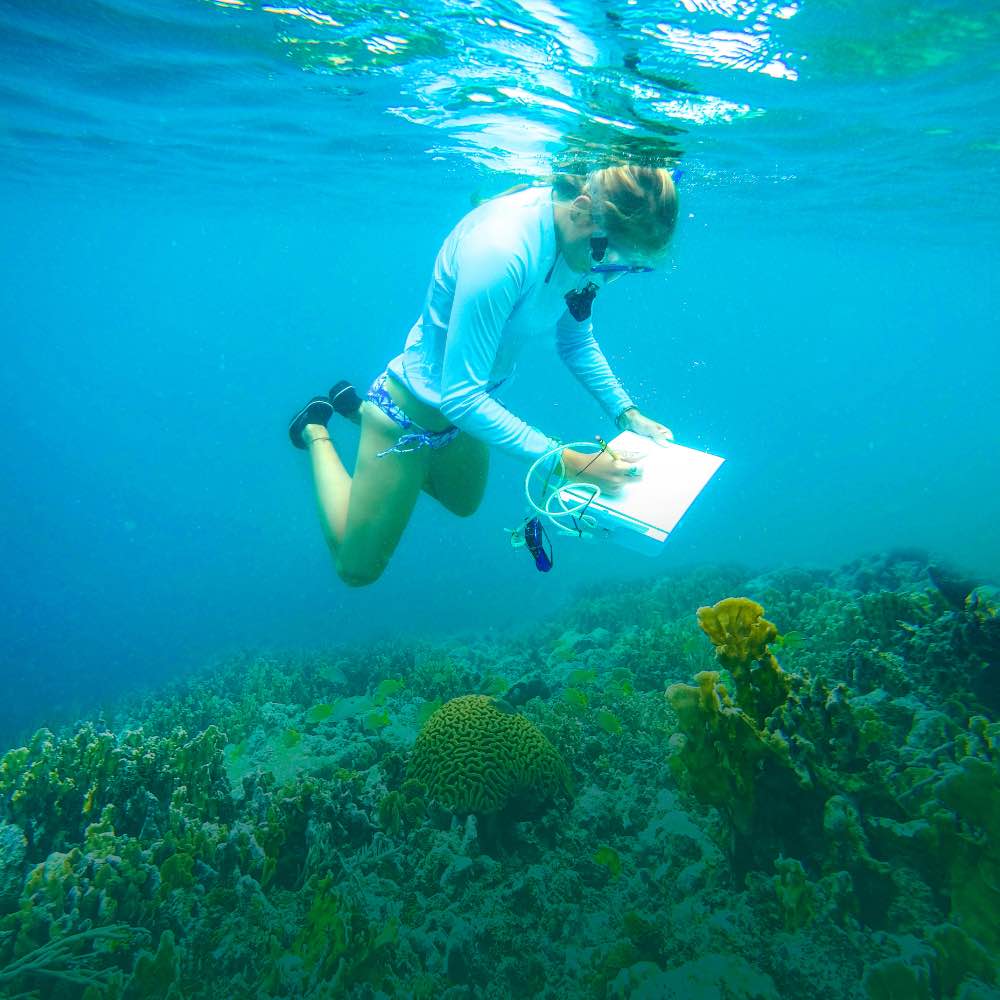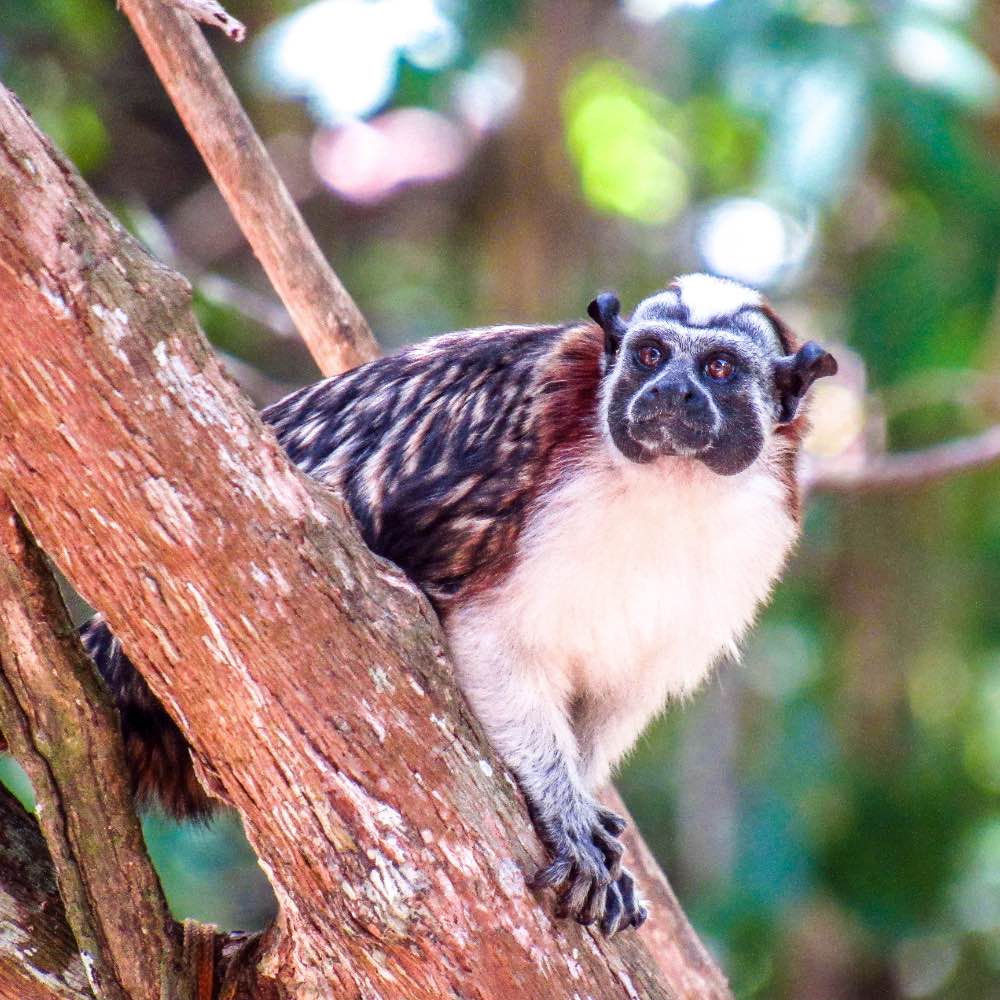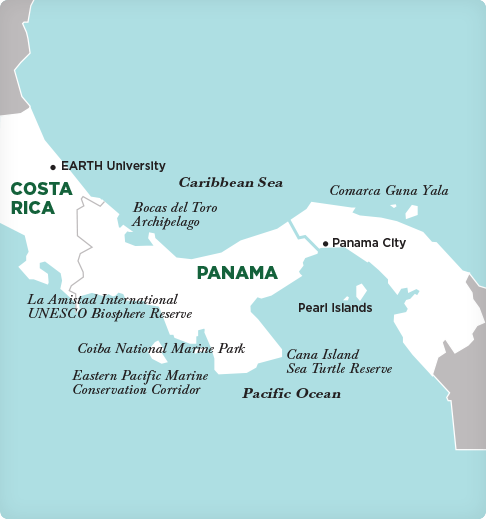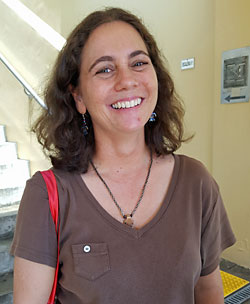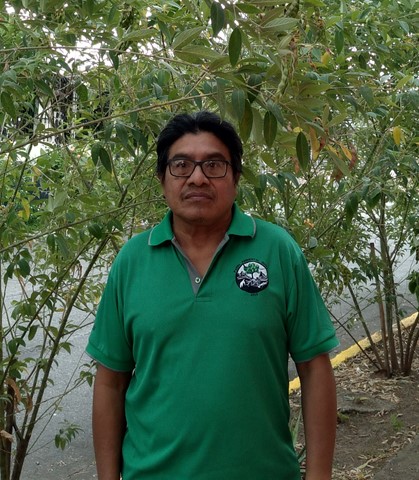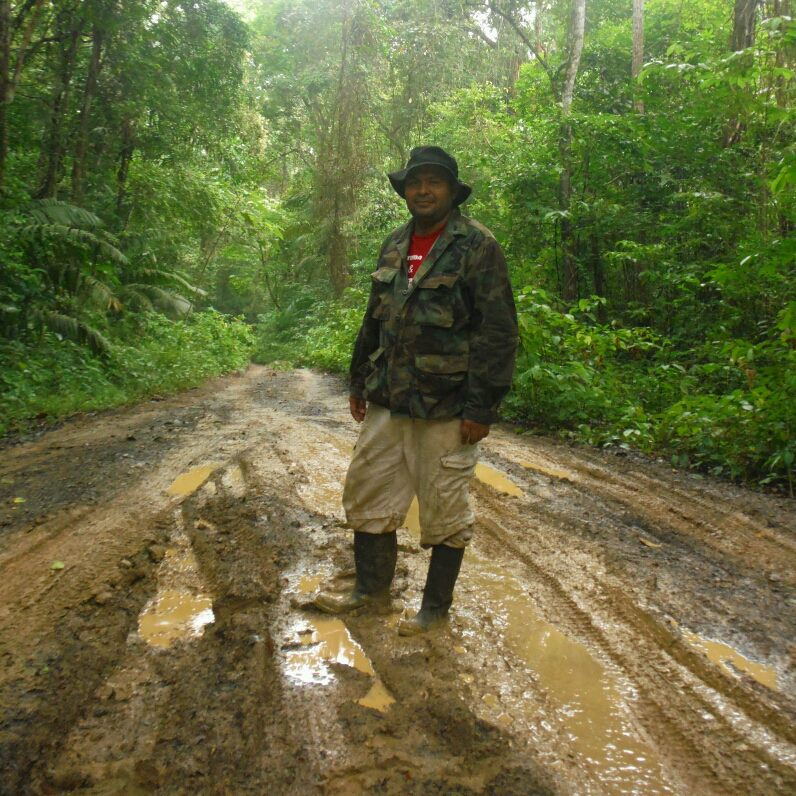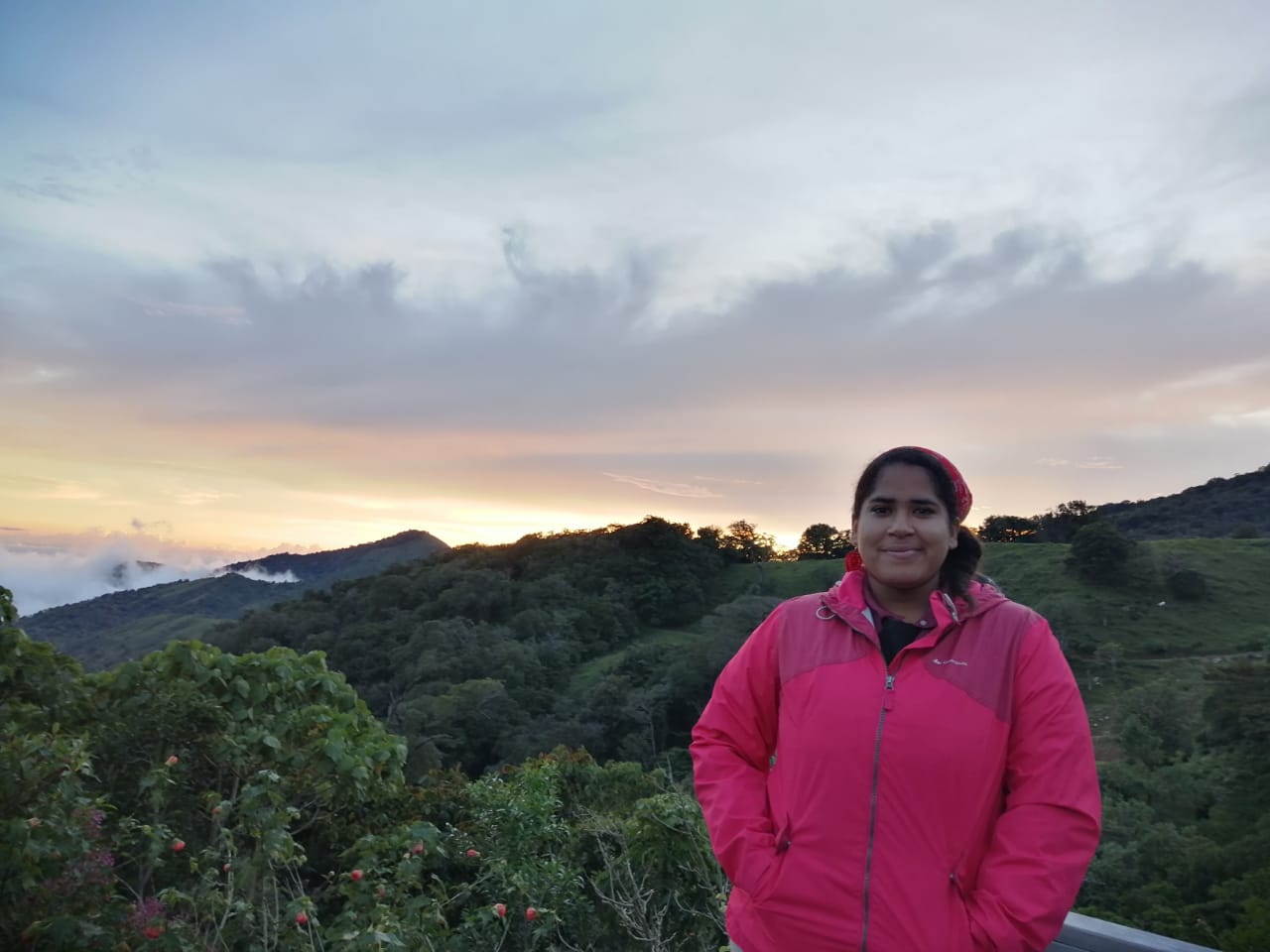Overview
Why study abroad in Panama?
Panama has some of the world’s most biodiverse and complex ecosystems, from highland cloud forests to Caribbean coral reefs. You will conduct seven weeks of field studies in five unique settings in Panama and Costa Rica. Learn how to estimate forest biodiversity, evaluate coral reef health, calculate mangrove carbon, identify tropical fish species, and quantify neotropical mammal abundance among other skills.
In Panama City, one of the leading bases for international NGOs and the United Nations, you’ll explore conservation topics such as sustainable agriculture, Indigenous resource use, and ecotourism. You will also conduct four weeks of independent, original field research on a topic of your choice.
Your program also includes four homestays during which you will learn about urban and rural life, experience local culture, and examine the environmental challenges these communities face.
In addition, you will develop the Spanish language skills needed to discuss ecological issues and conduct field research through classroom learning, cultural immersion, homestays, fieldwork, and excursions.
Highlights
- Study in one of the most biodiverse and complex ecosystems in the world.
- Engage in seven weeks of travel and field study in Panama and Costa Rica.
- Hike highland ecosystems and lowland rain forests and live in local communities.
- Snorkel in the Caribbean Sea in the Guna Yala Comarca region while conducting research on coral reefs.
- Conduct extensive fieldwork in a wide variety of tropical and marine ecosystems.
- Learn Spanish through community conversations and homestays.
Prerequisites
Previous college-level coursework or background in environmental studies, ecology, biology, or related fields, as assessed by SIT. There is no language requirement. Taking coursework in or independently studying Spanish prior to arrival is highly encouraged. Students will spend time in the water and must be able to swim.


